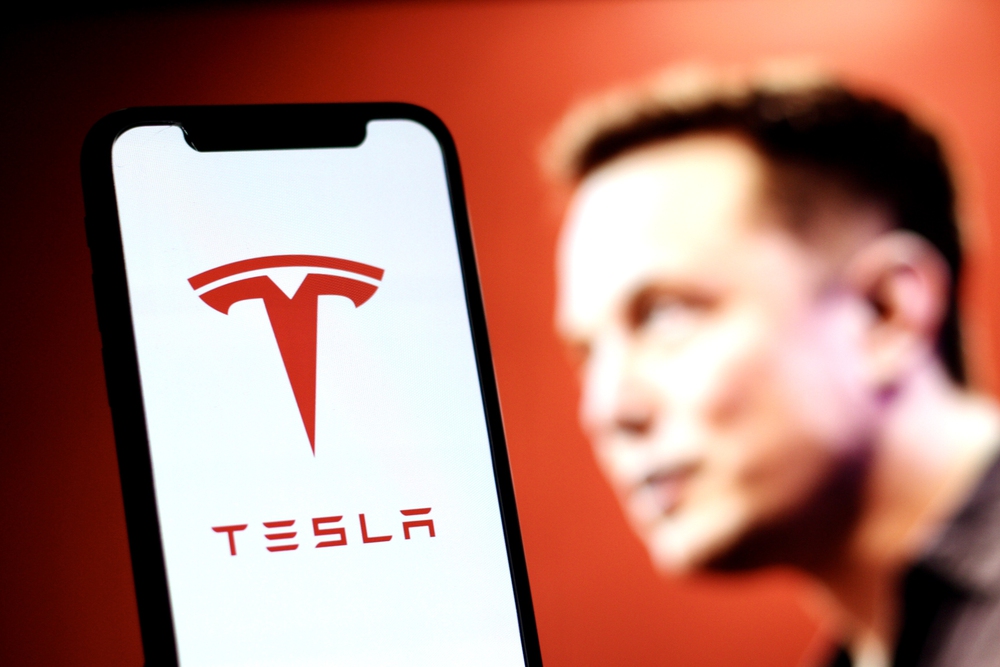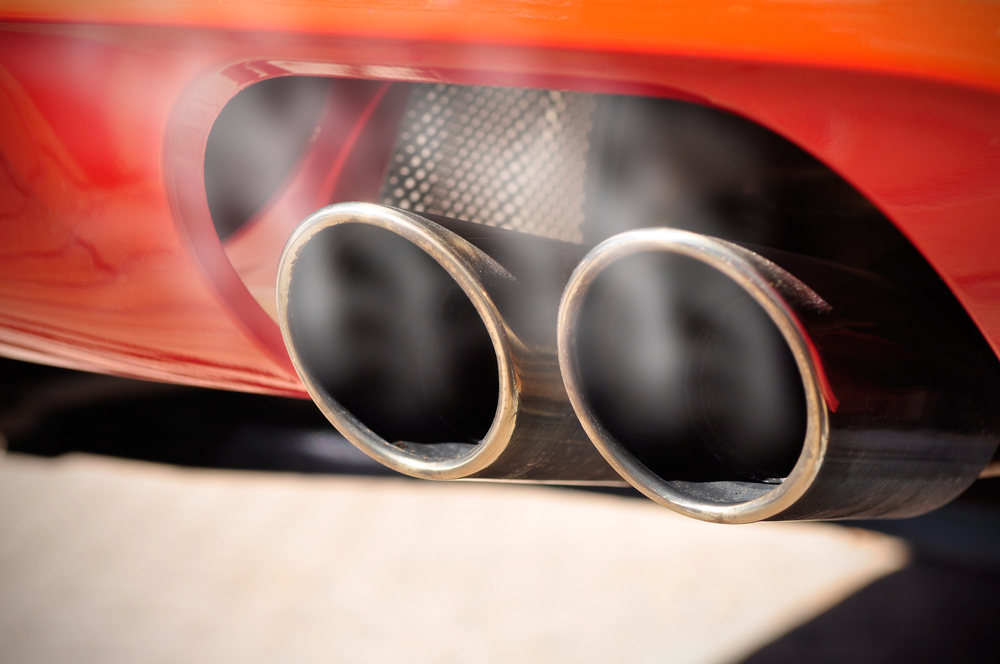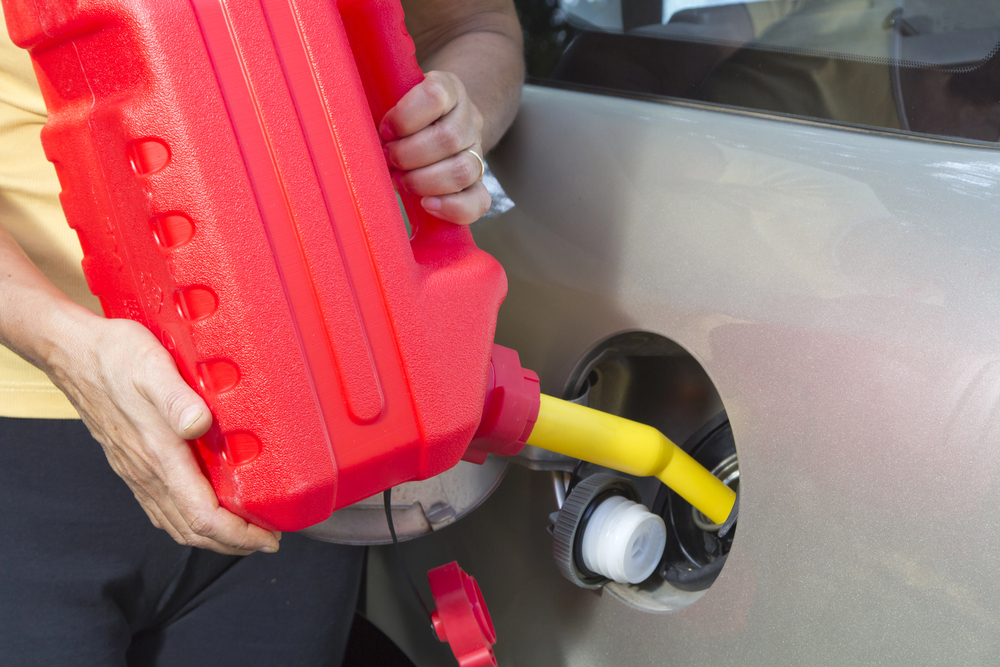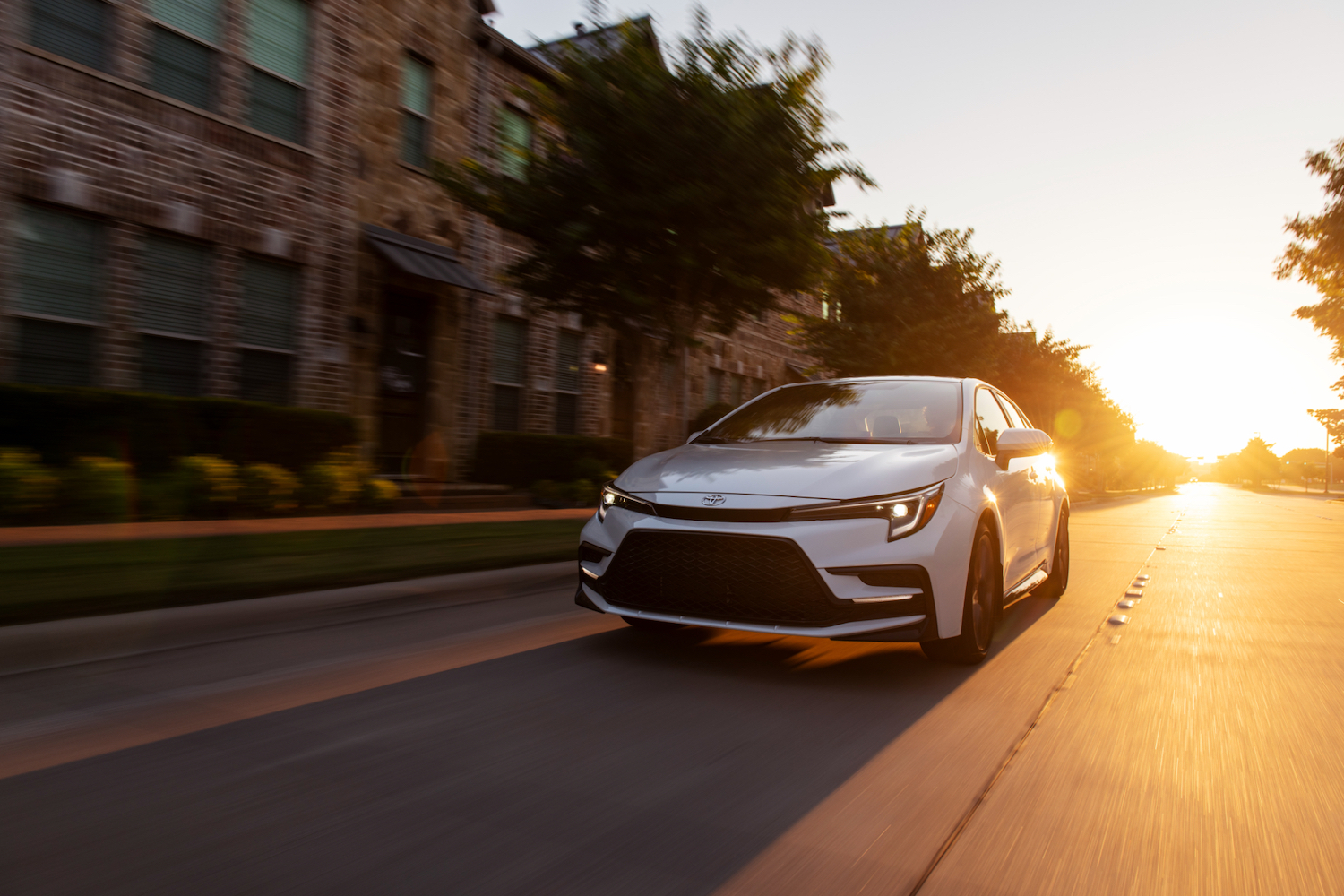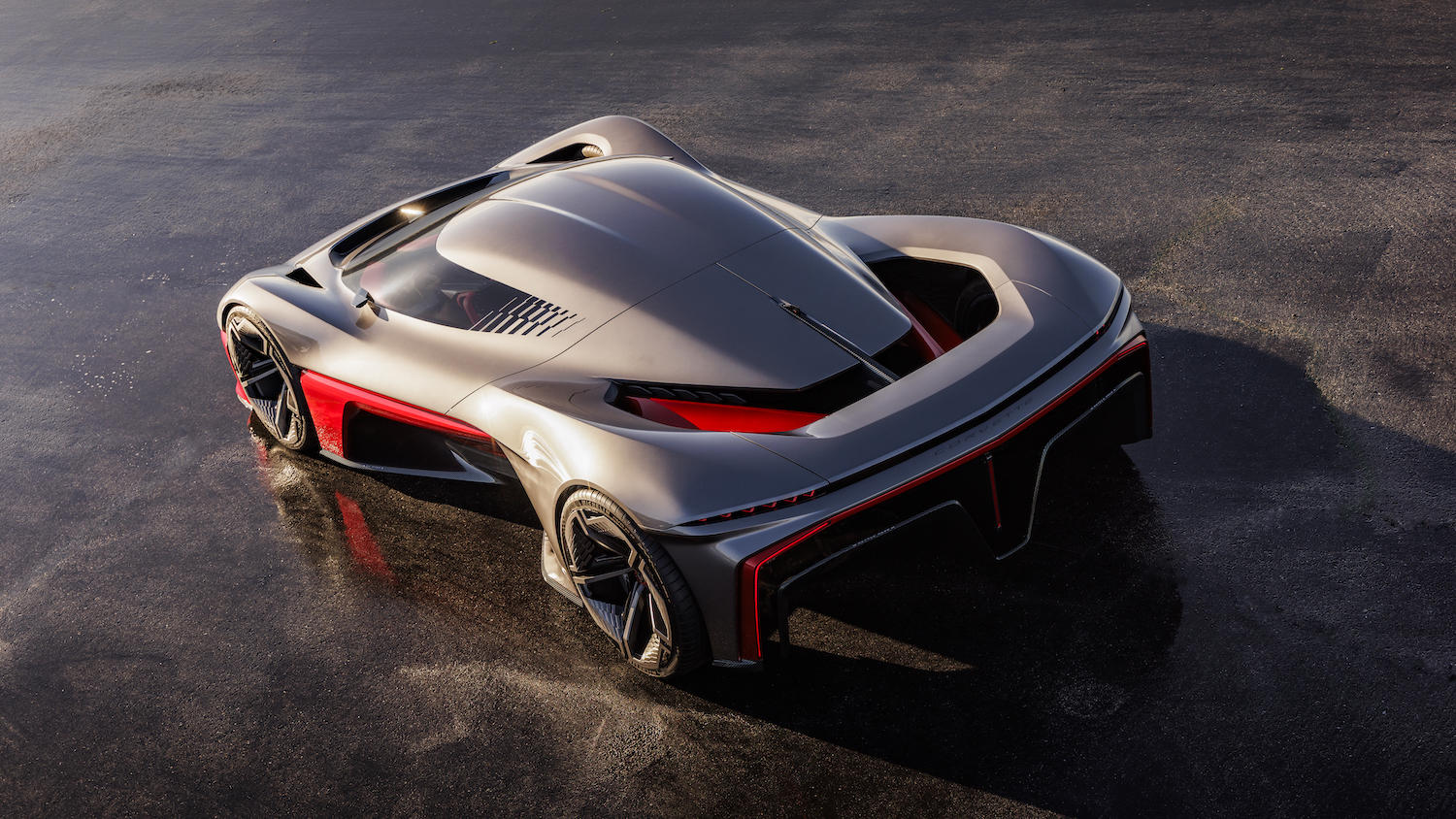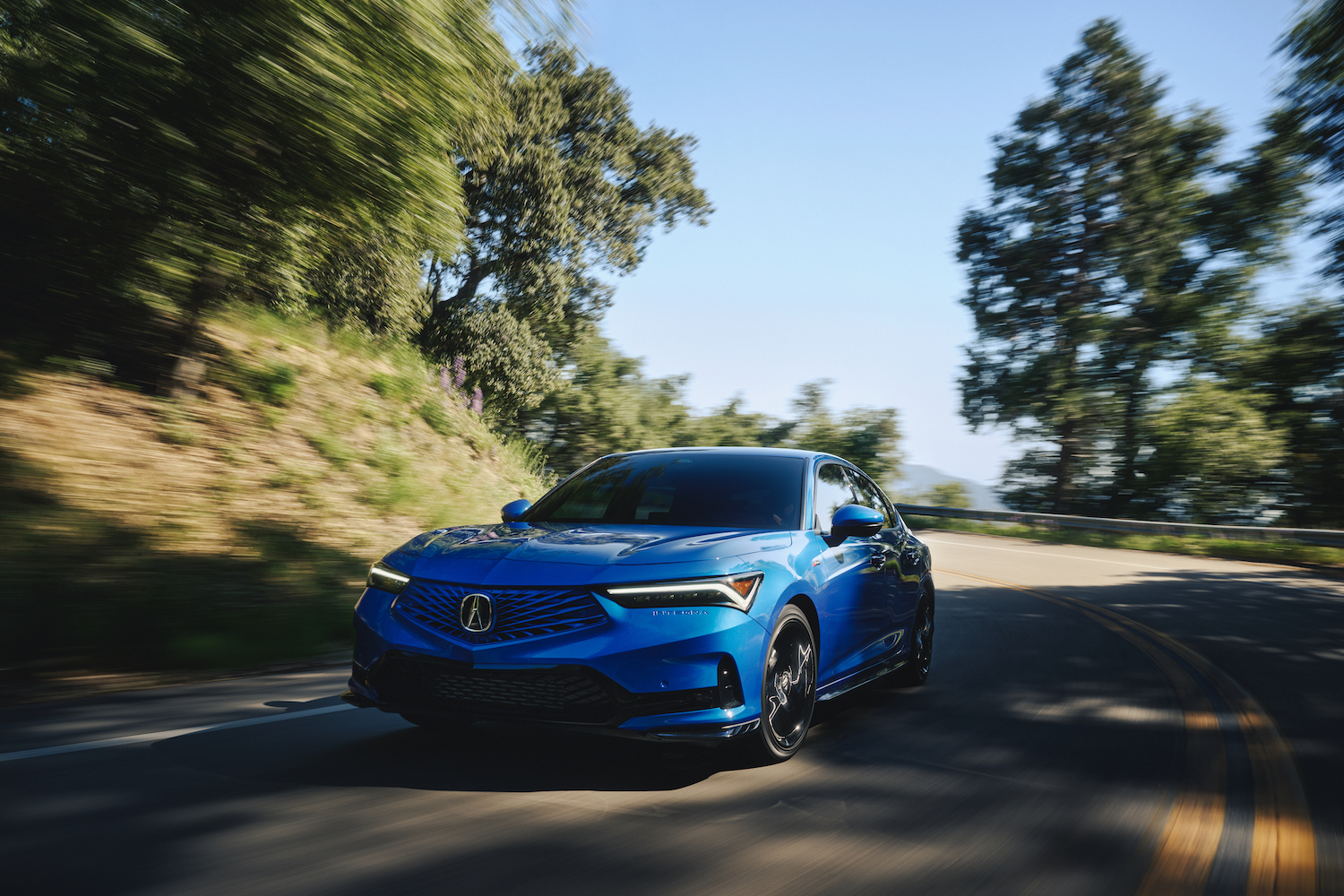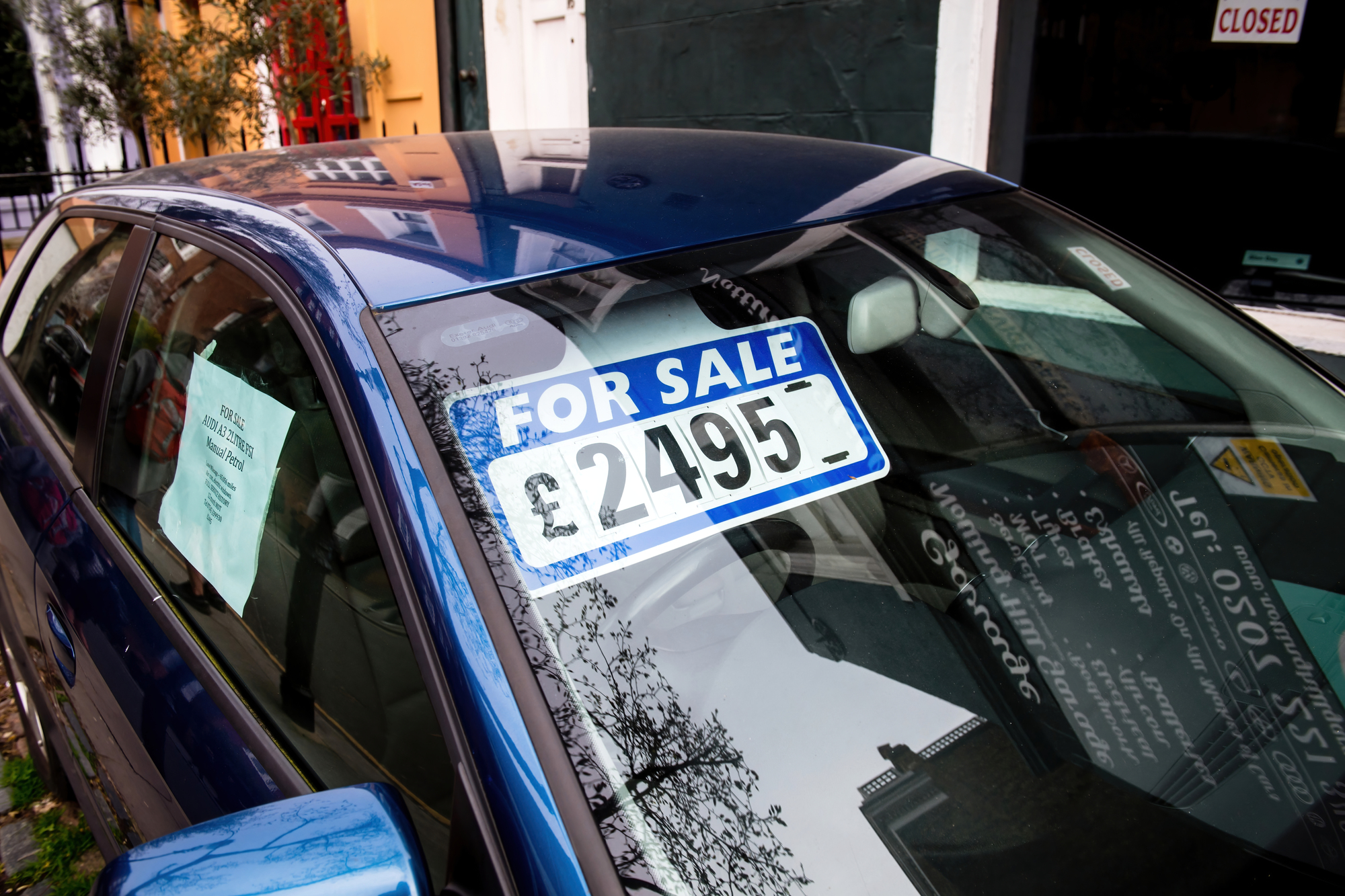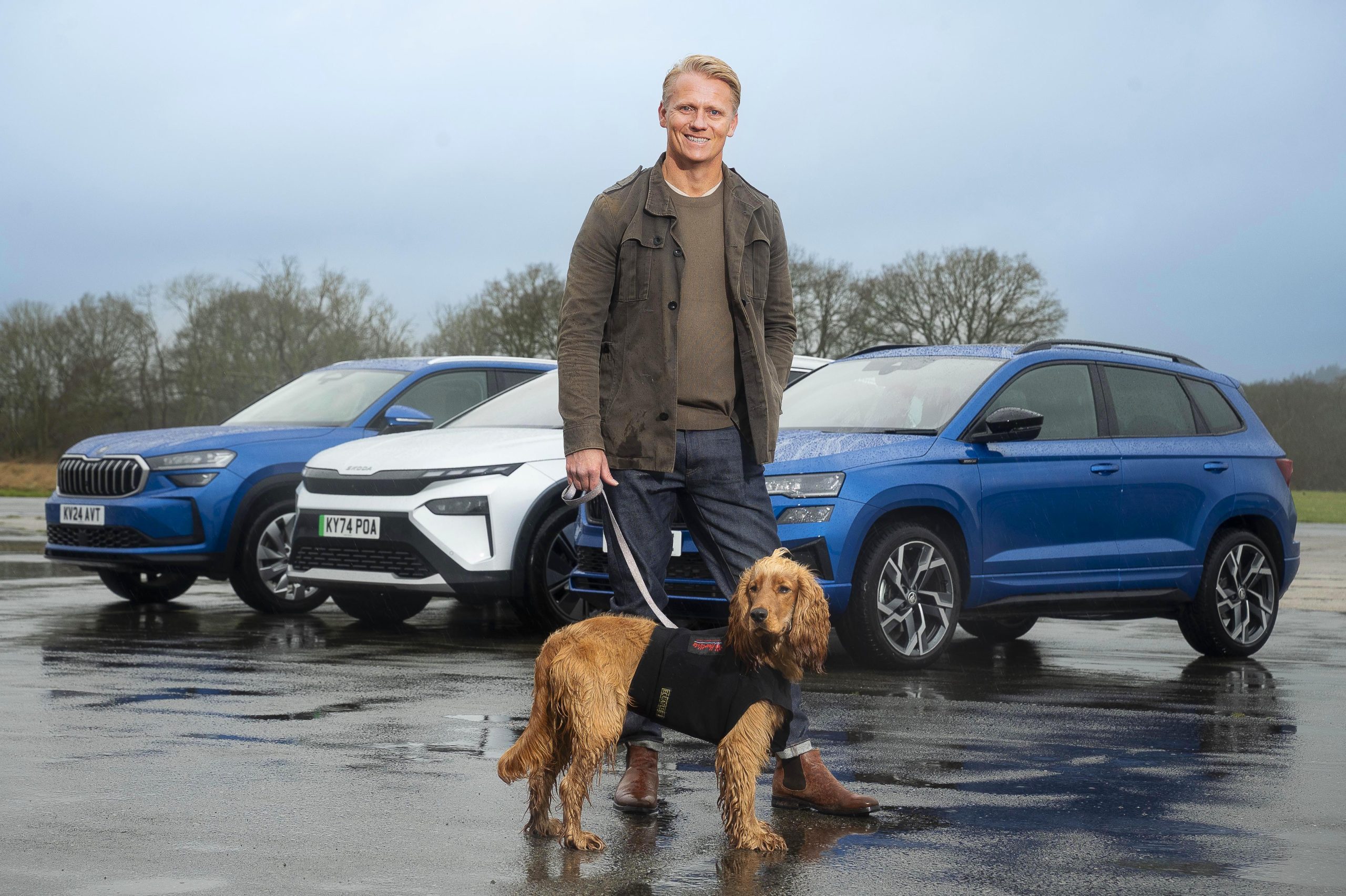Honda introduces AI-powered social robot to help children undergoing long-term hospital treatment
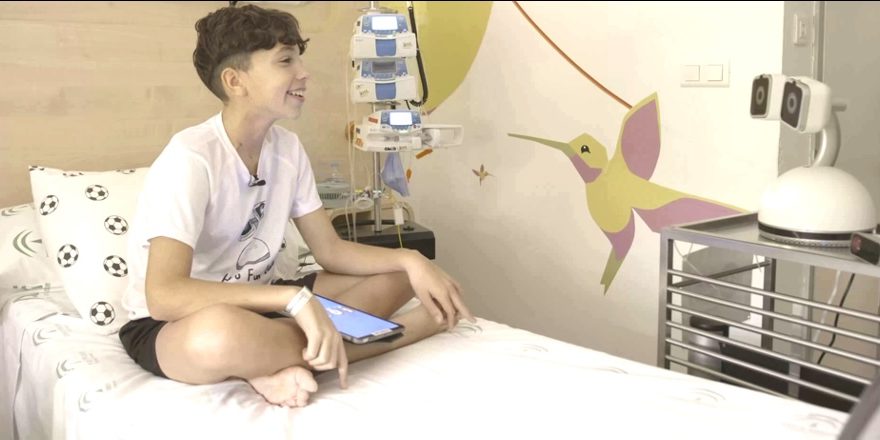
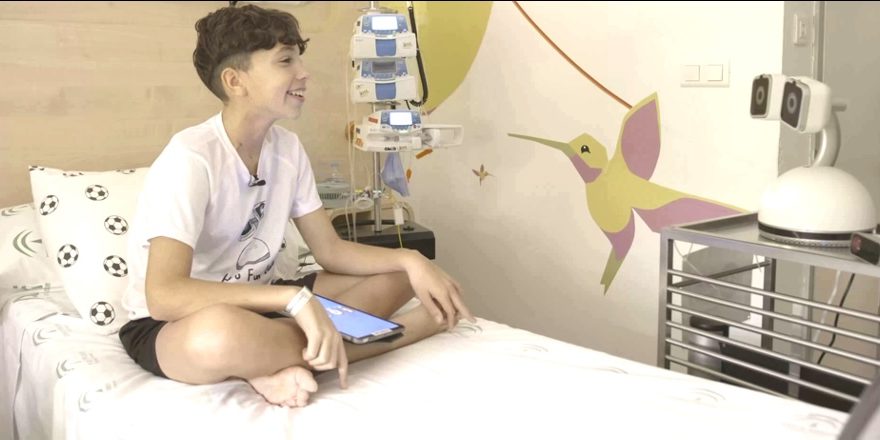
Honda has partnered with a Spanish hospital to officially introduce an AI-powered social robot called ‘Haru’ to help enhance the lives of children undergoing long-term treatment.
Honda Research Institute Japan Co., Ltd. (HRI-JP), a Honda R&D subsidiary responsible for the research of cutting-edge technologies, has developed the 30cm (12 inches) high compact desk-top robot who has been successfully trialled with young cancer patients at the Virgen del Rocío University Hospital (HUVR) in Seville, Spain.
Its effects have been very positive, with 95% of children becoming more actively engaged with their rehabilitation since trials began at HUVR in 2021, with Haru able to guide patients through their programs while engaging them in conversation. Given these positive effects, the trial will now move to fully-fledge utilisation of the robot, with 10 units being introduced to the facility’s paediatric oncology unit until 2027.
Haru obtains biometric information of the user, such as facial expressions and voice tones, through its built-in camera and microphones, then analyzes the information obtained to understand the person’s current state. It then interacts with them in accordance with the result of this analysis, using empathetic expressions and emotionally supportive responses. It can also be linked to a wristwatch-type wearable sensor worn by the user to analyse their condition in greater detail.
Haru can therefore not only encourage children to more enthusiastically react to their treatment, it can also help neuropsychologists more efficiently undertake emotional and cognitive assessments – with the potential to increase the number conducted per year by almost nine times, going from 510 to as many as 4,500.
A spokesperson for the Virgen del Rocío University Hospital in Seville (HUVR), said: “We have been conducting joint research with HRI-JP for several years now, and gained wonderful results. We have identified that Haru holds great potential in bringing happiness to children. Typically, technologies used in hospitals focus on medical treatments or physical well-being. However, Haru has a positive psychological effect of lightening the mood of our young patients and also contributes to the well-being of the hospital as a whole.
“The support that Haru provides, enabling children under hospital care to feel more happiness and connection with others, is unique only to Haru and offers valuable benefits not found in traditional medical care. We believe that Haru is a groundbreaking presence that creates an environment where young patients can enjoy their time here at our hospital.”
Haru can also connect the rooms of children in hospital with their schools online, giving them the opportunity to receive education together with those in the classroom, and to interact with other children.
As a robot, Haru does not have any human attributes, such as gender, race or nationality, and is always capable of communicating from a neutral perspective. This enables it to effectively facilitate conversation beyond generational and cultural differences, especially in groups.
HRI-JP developed Haru as a “tangible AI system” to be part of a society where robots can coexist as partners and facilitate communications that create connections among people.
Satoshi Shigemi, Honda Research Institute Japan Co., Ltd. (HRI-JP), said: “Based on the founding spirit of Honda, ‘using our technology to help people’ and ‘understanding people are the very essence of Honda monozukuri (art of making things)’, Honda Research Institute has been conducting research into cutting-edge technologies which have the potential to enhance positive psychological effects of people and the overall well-being of society.
“We are delighted by the result of our joint research with Virgen del Rocío University Hospital that shows Haru has been able to be a companion to the children at the hospital, lifting up their spirits, and bringing smiles to their faces. Moving forward, we will continue our efforts to further advance Haru as a robot which can co-exist with people 24/7 and be more helpful to young patients as well as all hospital staff to contribute to the well-being of the hospital as a whole.”

